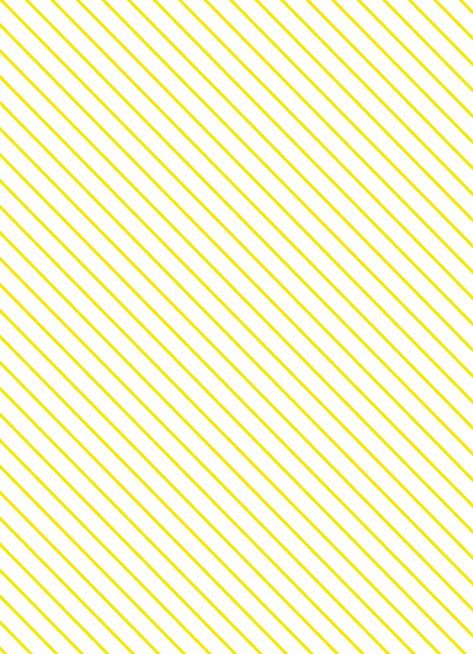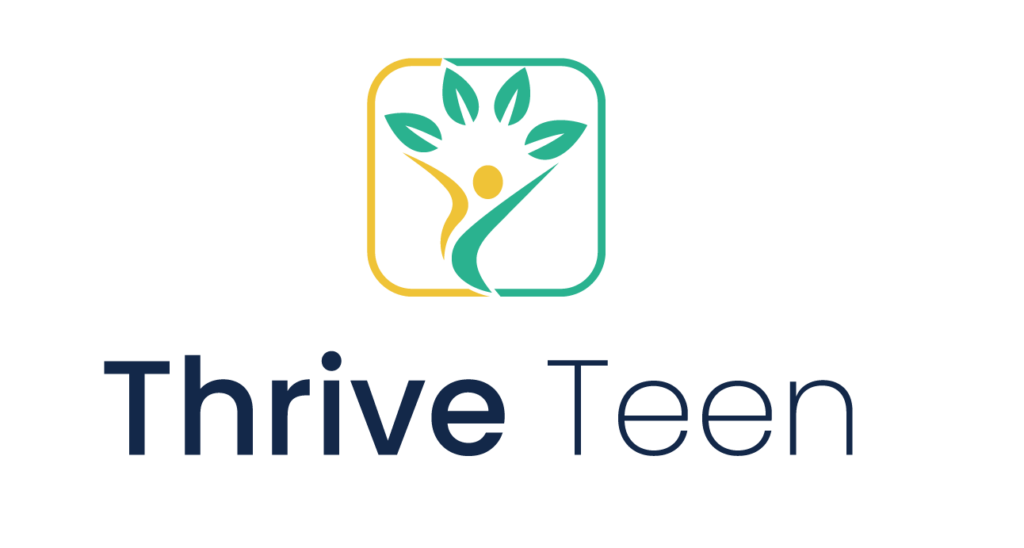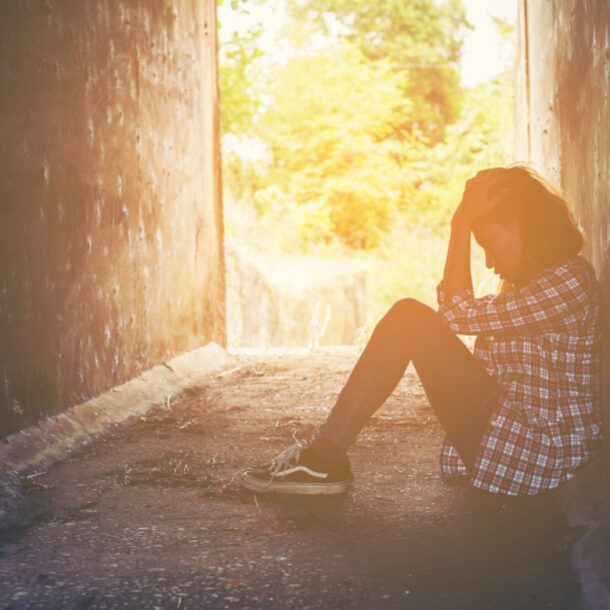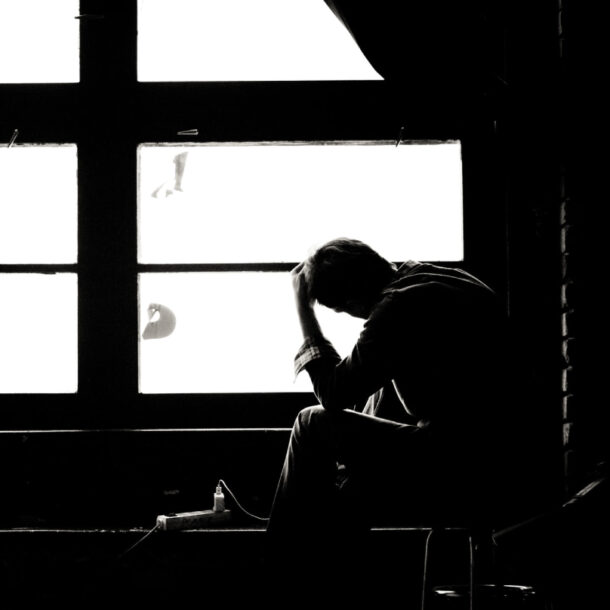What We Treat
Bipolar Disorder
Your teenager will go through many ups and downs in their daily life. With academic expectations, extracurricular activities, family, and interactions with friends and peers, your teen can ride a rollercoaster of emotions. While frequent changes in mood are common in adolescents, extreme changes in mood can be cause for alarm. If your teen cycle from extreme highs and lows more often than other children, and if those wide swings in mood significantly affect their daily lives, they may be showing symptoms of bipolar disorder.
If you suspect your son or daughter is struggling with bipolar disorder, this article will provide the information you need to get a clearer picture of what you are seeing in your teen. This article will provide an overview of bipolar disorder in children and teens, the signs and symptoms of bipolar, and most importantly, where you can find teen bipolar treatment.

Teens and Bipolar Disorder
According to the National Institute on Mental Health (NIMH), bipolar is defined as a mental disorder that causes unusual shifts in mood, energy, activity levels, concentration, and the ability to carry out day-to-day tasks. This disorder is marked by clear changes in a person’s mood, their overall energy levels, and activity levels. When someone with bipolar is feeling “up,” they display manic behavior and are easily agitated, euphoric, and usually have high energy levels. During the “low” points, people with bipolar will feel profound sadness, feel indifferent, and will feel hopeless.
The NIMH also states there are four types of bipolar disorder that people can experience:
- Bipolar I Disorder— defined by manic episodes that last at least seven days, or by manic symptoms that are so severe that the person needs immediate hospital care. Usually, depressive episodes occur as well, typically lasting at least two weeks. Episodes of depression with mixed features (having depressive symptoms and manic symptoms at the same time) are also possible.
- Bipolar II Disorder— defined by a pattern of depressive episodes and hypomanic episodes, but not the full-blown manic episodes that are typical of Bipolar I Disorder.
- Cyclothymic Disorder–defined by periods of hypomanic symptoms as well as periods of depressive symptoms lasting for at least two years (1 year in children and adolescents). However, the symptoms do not meet the diagnostic requirements for a hypomanic episode and a depressive episode.
- Hypomania—a condition where people will cycle through manic and depressive periods, but the effects are less severe.
No matter the type of bipolar disorder, people can experience cycles that can last for hours, days, and even weeks.
Based on diagnostic data from the National Comorbidity Survey Adolescent Supplement, an estimated 2.9 percent of teens aged 13-17 had bipolar disorder, with 2.6 percent of those affected having a severe impairment. This data also shows that females (3.3 percent) were more likely to suffer from bipolar when compared to males (2.6 percent).
The connection between teens and bipolar disorder is complex. Oftentimes, bipolar disorder in teenagers is misdiagnosed. If a teenager is in their “down” cycle of a bipolar episode, they can be misdiagnosed as having depression. The same is true for those who go to a mental health professional and get diagnosed when they are in the manic part of the bipolar cycle. Also, teens with ADHD can be misdiagnosed as having bipolar. Additionally, the significant hormonal changes that occur in the teenage years cause mood swings in short periods of time, which can lead to a misdiagnosis.
Let Us Help Your Family
We Work with Most Insurance









What to Expect During Virtual Bipolar Treatment
The signs of bipolar disorder in children and teens depend on whether they are having a manic episode or depressive episode. It is important to note that young people with bipolar disorder can have either a manic or depressive episode first. Not all teens who struggle with bipolar disorder display all the symptoms. Additionally, the severity of symptoms teens show depends on the type of bipolar disorder.
The following are common symptoms found in the “up” or manic part of a bipolar episode are as follows:
- Increased energy
- Difficulty sleeping or not feeling refreshed after a night’s sleep
- An unusually elevated mood and a sense of optimism that is exaggerated
- Poor judgment which leads to engaging in risky behavior
- Difficulty concentrating and easily distracted by little things
- Exaggerated self-esteem and self-worth
The common bipolar symptoms seen in the depressive cycle of bipolar include the following:
- Profound feelings of sadness
- Feelings of helplessness or despair
- Low self-esteem and feelings of not being “good enough”
- Changes in diet and eating habits
- Trouble in school and relationships with friends and family
- Suicidal thoughts and feeling like they “want to die”


When to Seek Treatment for Your Teen
If you see any combination of the above symptoms in your son or daughter, it is important to seek the specialized help found at a reputable teen bipolar treatment center. It is crucial to get the correct diagnosis in order for your teen to get the right individualized treatment program to get them on the road to recovery. The teen bipolar treatment center that you choose will have experienced staff that have years of proven experience in dealing with the unique needs of adolescents and can work with those who struggle with bipolar as well as other mental health issues.
When your teen enters a bipolar treatment center, treatment personnel will ask you questions regarding your son or daughter’s mood, sleeping patterns, energy levels, and their overall behavior. They will also perform a comprehensive physical examination to see if there are underlying medical conditions that may be causing your teen’s symptoms. Additionally, they will see if another disorder such as ADHD, conduct disorder, or anxiety disorder are causing their mental health issues. If a bipolar diagnosis is reached, the treatment team will devise a customized treatment plan to deal with your teen’s bipolar disorder.
Therapy is a key component in a teen bipolar treatment program. With the help of experienced therapists, your teen and your family will be able to uncover the root causes of bipolar in a safe and supportive environment. Once those underlying causes are discovered, therapists will help your teen develop healthy coping skills to manage their feelings. Common therapies used to help in bipolar disorder in children and teens include cognitive-behavioral therapy (CBT), psychotherapy, interpersonal therapy, and family therapy.
Medications can also be of help in a bipolar treatment program for teens. When carefully prescribed and used as part of a comprehensive treatment plan, medications can be effective in helping teens regulate their moods. Examples include lithium, Zyprexa, Effexor, and Celexa. However, the process of finding the right combination of medications can be a trial and error process. Additionally, since these medications have a high addiction potential, they need to be prescribed and carefully monitored by treatment personnel.
In addition to therapy and medications, bipolar treatment for children and teens may include the following:
- Exercise and recreational programs
- Art therapy
- Nutritional therapy
- Coping skills training
- Peer and family support groups

Get Help with Our Teen Bipolar Treatment Program
Helping your teen cope with bipolar disorder requires immediate attention. If you are in need of teen bipolar treatment services in California, call Thrive Treatment toll-free today. Our outpatient rehab features the treatment and services your teen needs to find lasting health and happiness. Our experienced staff has decades of cumulative experience in working with teens struggling with bipolar disorders and other mental illnesses. We will work with you and your teen in designing an individualized treatment plan specifically tailored to meet your teen’s unique and specific needs.
Thrive Treatment’s ultimate goal is to give your young one the educational and therapeutic services they need to foster empowerment and self-efficacy. When your teen completes treatment, we will still provide the support they need in order for them to achieve long-term recovery. Give Thrive Treatment a call right now.
Treatment Services at Our Teen Center
- Individual Therapy
- Medication Management
- EMDR & Trauma Therapy
- DBT & Emotion Regulation
- Mindfulness & Meditation
- Psychiatric Services
- Psychoeducational Groups
- Life-Skills Training
- Group Therapy
- Experiential Therapies
- Relational Education & Therapy
- Self-Empowerment
- Codependency & Boundaries
- Local Mutual Support Group Meetings
- Resume Building
- Job Search Assistance
- Academic Assistance
- Device Dependency
- Anger Management
Thrive Teen offers treatment for a variety of mental health disorders








